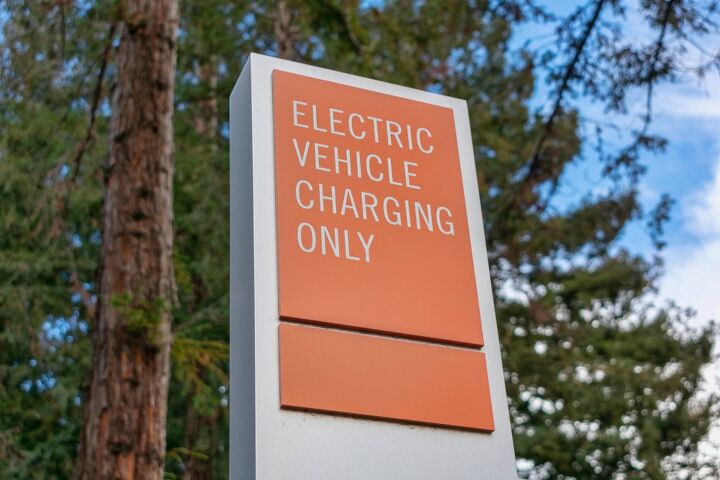#GreenNewDeal
Los Angeles Has a Green New Deal of Its Own - No ICE Vehicles by 2050
The last decade is littered with announcements from cities, provinces, and states from across the globe, promising to ban internal combustion vehicles by a predetermined date. While the rules and timelines vary quite a bit, the locations are relatively consistent. China and Europe are the most eager to adopt a zero-emission strategy, with California doing most of the promising in North America.
This week, Los Angeles Mayor Eric Garcetti announced the city’s “ Green New Deal.” Styled to resemble the contentious stimulus program sponsored by Rep. Alexandria Ocasio-Cortez (D-NY) and Sen. Ed Markey (D-MA) that shares its name, LA’s plan is similarly concerned with promoting “environmental justice,” equity, green jobs, renewable energy, improved air quality, and sourcing clean water.
Transportation is also a major component of the deal, with the city suggesting that 100 percent of car sales will be zero-emission by 2050 and 50 percent of all trips could be completed by walking, biking, “micro-mobility” (scooters, etc), or public transit — reducing vehicle miles per capita by 45 percent in the same timeframe.
The Green New Deal Is Unlikely to Change the Auto Industry Anytime Soon
If you’re freaked out that the so-called Green New Deal will soon render you carless, or perhaps driving an EV against your will, I am here to tell you: Relax.
If you’re hoping the Green New Deal will save the planet from a climate crisis the federal government itself has predicted is just a hair over a decade away, I am here to tell you: Those backing the deal have their hearts in the right place, but their heads in the clouds. Or perhaps somewhere lower and darker.

















Recent Comments